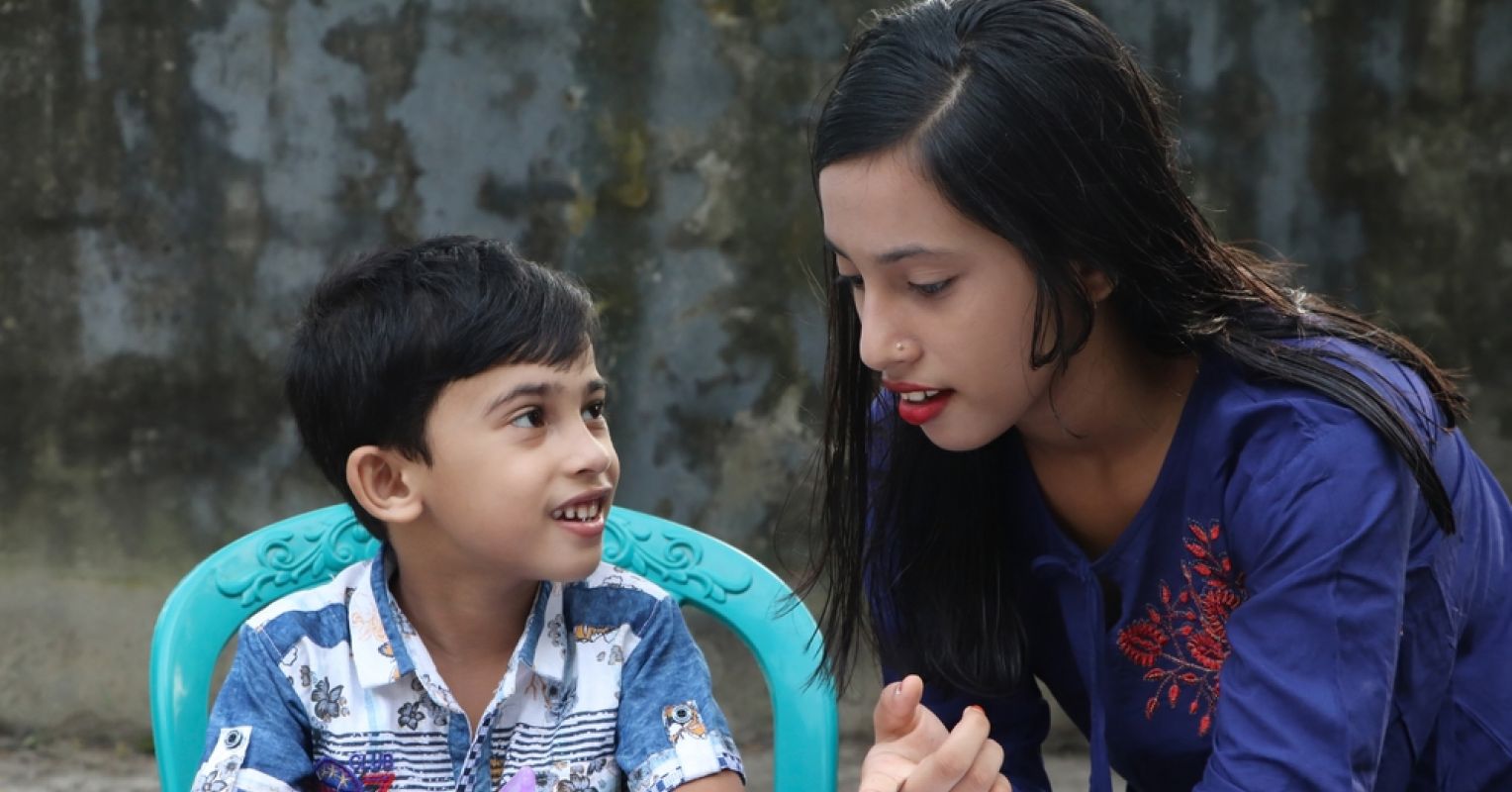
"When parents catch behavioral issues in their younger children such as aggression, defiance, rule-breaking, or difficulty controlling impulses, the first instinct may be to adjust their parenting styles or to seek professional guidance. These approaches do have merit, but many families overlook a powerful influence on younger children's behaviours: their older siblings. The relationship between siblings is one of the most important bonds in the family system, with potential for positive or negative influence."
"Sibling relationships are an often underestimated influence on a child's development. Unlike parent-child interactions, this dynamic involves a more horizontal power structure in which learning happens through observation, imitation, competition, and collaboration. Older siblings are viewed as more 'relatable' than adults, yet more experienced than oneself, enough to become an inspiration and role model. Younger siblings watch older brothers and sisters navigate challenges, make decisions, face consequences, and learn lessons that shape behavioral patterns."
Sibling relationships exert major influence on behavior, motivation, and emotional development through observation, imitation, competition, and collaboration. Older siblings often act as relatable role models whose habits, academic success, discipline, persistence, and responsibility are internalized by younger siblings. Parents commonly focus on changing parenting style or seeking professional help for youth conduct problems, yet sibling dynamics offer an additional avenue for intervention. Family-based strategies that leverage positive modeling, shared goals, and cooperative activities can reduce rivalry, improve cooperation, and lower aggression, defiance, rule-breaking, and impulse-control difficulties among younger children.
Read at Psychology Today
Unable to calculate read time
Collection
[
|
...
]